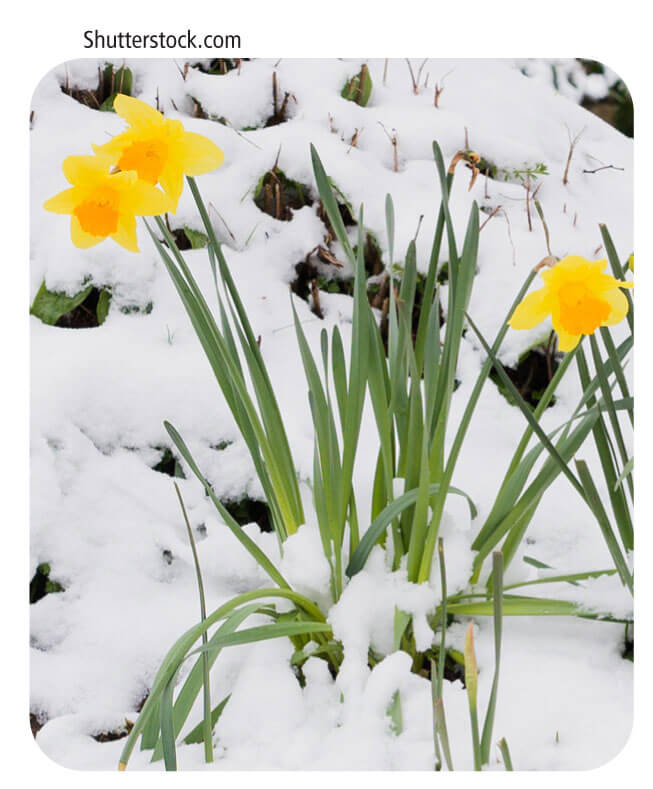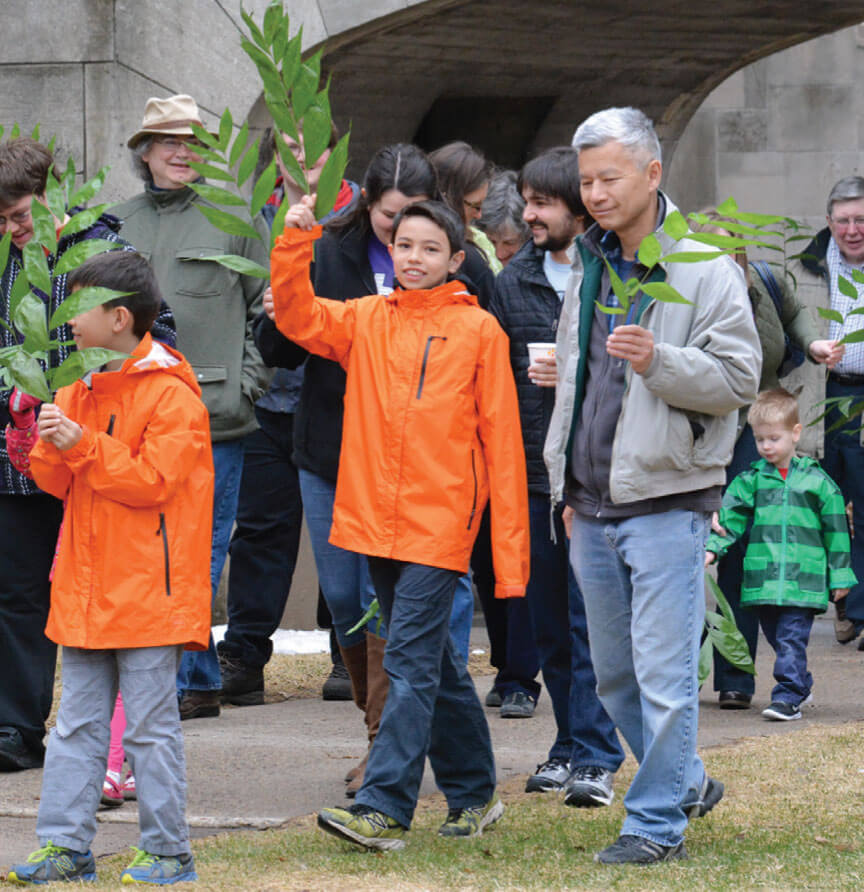by Dr. Chris Franke

The date of Palm Sunday falls in April this year. “April is the cruelest month,” the poet T. S. Eliot writes in the first line of his poem “The Waste Land” — “breeding lilacs out of the dead land, mixing memory and desire, stirring dull roots with spring rain.”
Lent brings us into spring in the northern hemisphere. The liturgy mixes life and death, hospitality and complicity in its readings. As worshipers on Palm Sunday, we first take the part of the enthusiastic crowds that welcome Jesus to Jerusalem with waving palms and then in the passion we take the part of the crowds that yell, “Crucify him,” at Jesus’ trial before Pilate. Both scenes invite us to see Jesus as the messiah, who is the Spirit-anointed prophet of good news for the poor and an insurrectionist in the eyes of the Romans.
In the daily mix of violence and compassion in our news today, perhaps we need the assurance of the medieval anchoress Julian of Norwich that all will be well again with the passing of winter and for Christians with the coming of Easter. Her song about the Bells of Norwich says, “Love like a yellow daffodil is coming through the snow. Love like a yellow daffodil is Lord of all I know. Ring out bells of Norwich, let the winter come and go. All shall be well again I know.”

The liturgies of Holy Week give worshipers parts to act out: the procession with palms this Sunday, footwashing on Holy Thursday, venerating the cross on Good Friday, following the newly lit Easter candle into the dark church on Holy Saturday. We walk with Jesus to his cross and follow the women to the empty tomb and its good news. This is the week to go to church and rediscover who Jesus is, stir our dead roots, and live his mission into our world.
- To whom do you extend hospitality in your life and home?
- When have you accepted complicity with actions or values not your own?
- What memories of Holy Week stand out for you?
